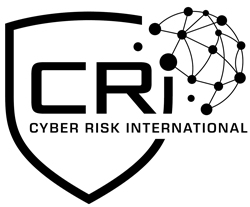TeamCyber to Keynote at Cyber Security Summit 2023
Cyber Risk: What Every Board Needs to Know!

In this illuminating 15-minute presentation, Paul C. Dwyer, a globally recognised cyber risk expert and CEO of the world-leading advisory firm, Team Cyber, presents a clear, actionable blueprint for navigating the complex terrain of cyber risk management.
As cyber threats proliferate and evolve amidst an ever-changing geopolitical landscape, Dwyer asserts the imperative of strategic leadership to navigate these digital waters effectively.
He posits, “Cyber risk is an issue from the boardroom to the server room and everything in between” with the ultimate responsibility resting on the shoulders of our business leaders.
Underlining the recent European Union legislation, the Digital Operational Resilience Act (DORA), Dwyer illuminates the integral role of management boards in spearheading ICT security strategies. This Act cements the fact that business leaders aren’t just spectators but are now fully responsible and accountable for mitigating cyber risks within their organisations.
Dwyer aims to empower these leaders, highlighting key steps they can take to thrive amidst dynamic cyber threat landscapes while supporting their core business mission. This includes fostering an environment that doesn’t shy away from innovation, but rather embraces it as part of the strategic defence against cyber risks. Audience members will walk away with a deepened understanding of their roles in the cyber risk matrix and the vital steps they need to embrace cybersecurity at a strategic level. This presentation promises to be an eye-opening examination of cyber risk and a call to action for leaders to step up and safeguard their organisations in the digital age.
Be prepared for a robust, practical discussion that will help you understand how leadership plays a pivotal role in defining the organisation’s cyber resilience. The future of your organisation could depend on how well you
grasp and act on the insights shared in this timely presentation.





